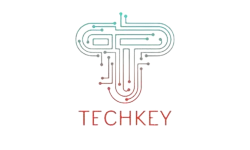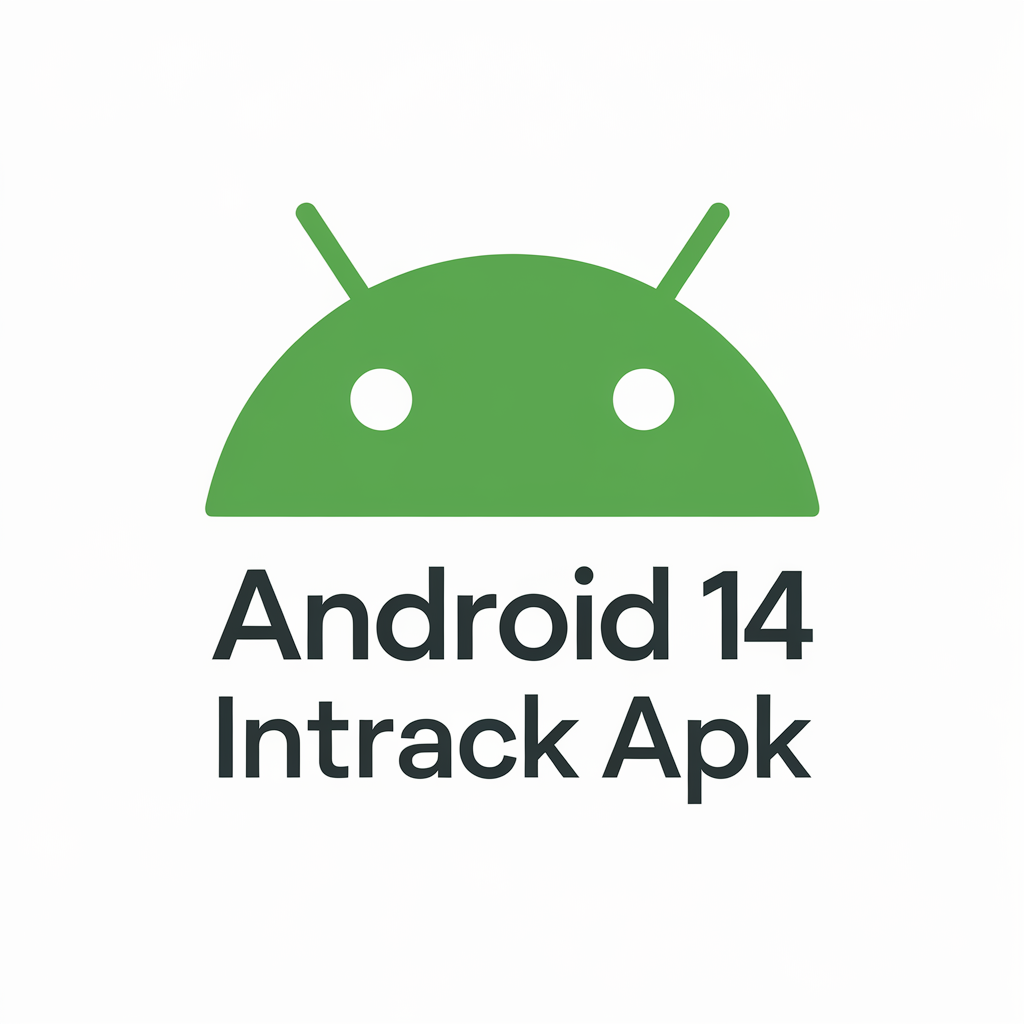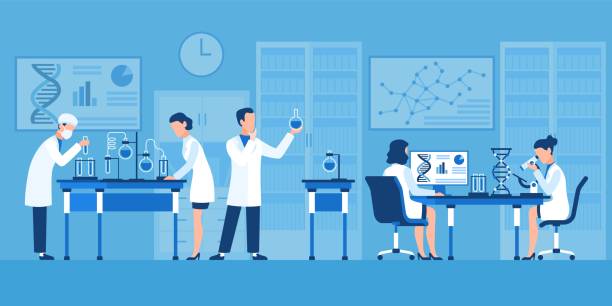Revolutionizing Healthcare with AI and Machine Learning: Enhancing Patient Care and Operational Efficiency

Artificial intelligence (AI) and machine learning (ML) are tech-development leaders that are revolutionizing different areas in various industries. One of the sectors greatly influenced by these smart technologies is healthcare. Where AI and ML are reshaping patient care, improving administrative processes, and assisting physicians and medical researchers improve treatments. Meanwhile, the complex nature of healthcare technology requires organizations in the field to get in touch with an AI software development company. And hiring an app developer with an AI and ML background is accurate and helpful for them. In the further article, we’ll cover why AI and ML are extensive fields of smart healthcare solutions, the significance of working with an AI software development company. And the contribution of hiring app developers for this type of technology.
Role of AI and Machine Learning in Healthcare
AI and ML aid the treatment of patients by improving diagnosis, designing personalized treatment courses, optimizing administrative work, and speeding up medical research. As AI and ML continue taking part in health care, the health care system becomes better, more effective and patient-centric.
Importance of Collaborating with an AI Software Development Company
To use AI and ML in healthcare, specialized knowledge is needed to determine what can be achieved and how. An AI software development company can help healthcare providers implement these solutions and effectively use the technology.
Why Partner with an AI Software Development Company?
- Technical Proficiency:
They employ teams of seasoned data scientists and ML engineers and software developers. Who are getting it done with up-to-date technologies and best practices everyday. - Cost Efficiency:
) Working on AI solutions can be costly and time consuming for most healthcare providers. Outsourcing this to an AI software development company leads to lower costs and faster delivery of services. Healthcare companies can concentrate solely on their core competencies. - Scalability:
They can build up a solution that can expand as the needs of the health care provider change. Whether they’re a small clinic or a large hospital network. - Access to Advanced Tools and Technologies:
through these software development companies, hospitals will have access to best practice and latest technology assured, not hampering our innovation and efficiency in healthcare.
Hiring App Developers for AI and Machine Learning Projects in Healthcare
Besides, collaborating with an artificial intelligence software development company is just as important. Moreover, to design applications, you need to hire app developer who are well versed in AI and ML. This will help conceptualize a novel approach. These developers should be good at programming and must develop effective apps that patients find convenient to use.
Benefits of Hiring App Developers for Healthcare AI and ML Projects
- Specialized Knowledge:
However, app developers with AI and ML experience will also have the technical skills needed to easily incorporate these Revo Technologies Murray Utah into healthcare applications at a fundamental level. Many apps will require the implementation of sophisticated algorithms, development of predictive models, and inclusion of AI features designed to enhance care experiences. - Customization:
Such apps can be created on an ad-hoc basis, hiring an app developer to produce an application solution particular to the health provider’s situation. After a discussion with a physician or nurse about what is needed for a better healthcare solution. A developer will be able to create an app especially tailored to help. - Performance Optimization:
Skilled app programmers could ‘trim’ the applications to maximize their performance by ensuring that they do specific calculations. Most health care applications today are generally data-intensive. - Ongoing Support and Maintenance:
App developers are hired by health providers in order to provide long-term support and maintenance for the application. This way, the apps can be kept updated with the most recent AI innovations, while continuously delivering efficient service.
Opportunities for AI and Machine Learning in Healthcare
Ways for AI and ML to affect healthcare abound, and there are many opportunities for innovation and improvement. Here are the most prominent areas.
Enhancing Patient Care
AI and ML empower healthcare professionals to provide individualized and efficient care. Advanced diagnoses and bespoke treatment programmes are just a few benefits to be reaped through these technologies, with positive outcomes and a higher satisfaction rate for patients.
Streamlining Operations
AI and ML can automate and optimize many repetitive administrative tasks that currently consume the time and cognitive resources of healthcare staff. This decreases the time spent on routine tasks, allowing staff to engage more in patient care, thereby increasing efficiency and reducing operational costs.
Accelerating Medical Research
By speeding up drug discovery, reducing the use of wasteful Phase III trials and improving diagnosis. AI and ML are helping us understand more about disease and develop more effective treatments – faster than we might have otherwise.
Improving Public Health
AI and ML could be used to predict outbreaks, track infections and identify public health inefficiencies, enabling healthcare authorities to react in a timely manner and enhance public health.
Enhancing Telemedicine
Notably, AI-driven telemedicine platforms can provide remote diagnostics, customized intervention plans and ongoing monitoring that improves access to healthcare, regardless of geographic location.
Challenges in Implementing AI and Machine Learning in Healthcare
On the one hand, the possibilities are vast but, on the other, there are several hurdles to overcome in realizing the potential of AI and ML in healthcare:
Data Privacy and Security
Data related to sensitive patient information must be collected and analyzed for AI and ML. This includes electronic health records, radiology films, medication-dispensing records and lab results. Data security is vital to ensure private patient information is not accessible to unauthorized parties. Healthcare providers must have robust data protection measures in place. Strict regulation must be followed to gain patient trust.
Bias and Fairness
As these notions make clear, the AI and ML algorithms under investigation can themselves be biased and render problematic outcomes. The training data can be biased and the algorithm design flawed in ways that lead to bias. Anywhere along those continuums we can end up with fairness issues and a failure to produce socially just outcomes. If AI and ML are, as they are legitimately referred to, ethical technologies, then safeguards and mitigation must be found to avoid prejudicial outcomes.
Integration with Existing Systems
Integrating AI/ML solutions into existing healthcare systems is easier said than done – health providers must be able to integrate new tools with existing infrastructure that is as disruption-free as possible.
Skills Gap
Due to the fast development in AI and ML, the skills gaps in the health professional workforce exist. The current skills gaps between the demand and supply of health professionals worked with expertise in AI and ML. The insufficient supply of specialized health professionals in AI and ML has caused a shortage of the human resource in this area. The local and the state governments should provide more educational and training programmes for the people to improve the limited supply. In particular, the authorities should encourage the potential talents to receive specific training in this field. And cover the expenses for their training. Through adequate education and training, universities can produce specialized talents in the field of AI and ML, especially in medicine. As an end result, the supply of precious health professionals can meet the requirement from the public.
Conclusion
Artificial Intelligence and Machine Learning represent a turning point in the constantly evolving healthcare industry. These technologies have provided unexplored possibilities for treating patients, enhancing work processes in the healthcare system, expediting medical research, and getting rid of bureaucracy. If your healthcare company plans to capitalize on this trend, you need Artificial Intelligence and Machine Learning professionals. The best way to get qualified experts is to hire a software development company specializing in Artificial Intelligence and Machine Learning and engage dedicated app developers.
Nonetheless, the payoffs of using AI and ML in healthcare are tremendous. These technologies can increase diagnostic precision, improve outcomes and wellbeing, and transform the experience of being a patient or provider in ways we are only beginning to understand. When healthcare stakeholders address the challenges above including data privacy, bias and the skills gap. They not only eliminate fear and resistance. They also set the course for a more effective, efficient and personalized healthcare delivery system. That will serve the best interest of patients now and in the future.
To sum up, I believe that if healthcare providers want to succeed in the present-day and remain leaders in quality care long-term. They need to embrace AI and Machine Learning. The road can be stoney, but the end result will be well worth the time. It is imperative that healthcare providers invest in staff who know how to incorporate these technologies into their work to ensure that they remain at the forefront of innovation.









